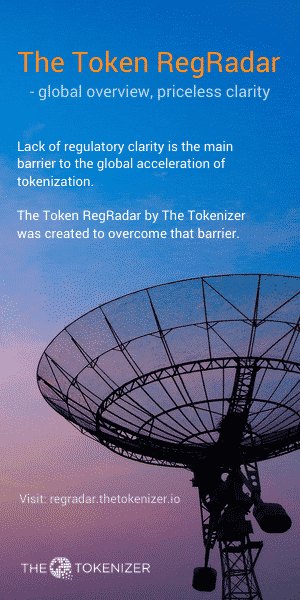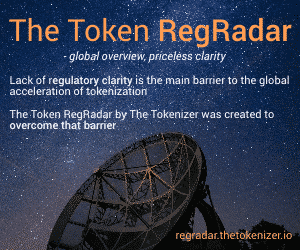Bordier & Cie SCmA Offers Cryptocurrencies Via Sygnum’s B2B Banking Platform
Bordier & Cie SCmA, a leading Swiss private bank founded in 1844, has expanded its offering to include cryptocurrencies by incorporating Sygnum’s B2B banking platform. This partnership enables Bordier’s clients to invest today in the digital asset economy with complete trust and lays the foundation for a broader offering of regulated digital asset products and services, including sophisticated trading strategies with options, and the ability to invest in previously hard-to-access asset classes via tokenization.
- Bordier clients can now securely buy, hold and trade cryptocurrencies such as Bitcoin, Ethereum, Bitcoin Cash and Tezos, and gain diversified exposure via Sygnum’s suite of digital asset management products
- Total market capitalisation of cryptocurrencies increased almost four-fold in 2020, making it the best-performing asset class and a powerful tool for portfolio diversification – thus also increasing Bordier’s client-demand
- In under 60 days, Bordier was able to fully integrate Sygnum’s B2B banking platform and offer seamless access to digital assets to their own clients
Driven by increasing client demand, Bordier has expanded its private banking services to include digital assets through a partnership with Sygnum Bank, leveraging the latter’s B2B banking platform. Sygnum’s all-in-one digital asset solution is seamlessly integrated with Bordier’s existing infrastructure. At this stage, clients of Bordier can now buy, hold, and trade cryptocurrencies on an execution only basis. They can trade Bitcoin, Ethereum, Bitcoin Cash and Tezos, with the highest level of security and compliance provided by a Swiss regulated bank. The offering will be extended as clients become more at ease with the simplicity of the new service.
Investment diversification via cryptocurrencies has gained significant momentum
Cryptocurrencies have gained significant momentum in the past year, with total market capitalisation increasing almost fourfold to reach USD 1 trillion – making it the best performing asset class in 2020. In a portfolio context, cryptocurrencies’ high-growth and low-correlation to traditional assets makes them a powerful tool to enhance diversification and achieve superior risk-adjusted returns. Bitcoin, in particular, which many see as the new “digital gold” due to its ability to hedge against inflationary pressure, has seen strong institutional adoption as an alternative investment.
Evrard Bordier, Bordier & Cie’s SCmA Managing Partner says “We have seen increasing demand from our clients to diversify into alternative asset classes such as digital assets. By partnering with Sygnum Bank, we are providing our clients with a one-stop, integrated solution while empowering them to invest in this new, high growth asset class with complete trust.”
Sygnum’s all-in-one, integrated solution delivered quickly
Sygnum’s B2B banking platform is an integrated digital asset solution encompassing not only the technical infrastructure but also compliance as a service, research and sales education as well as access to a broad range of digital asset products. With seamless integration and a modular set-up, Bordier was able to design, customise and implement their own secure digital asset offering with a short time to market of less than 60 days.
In this partnership, Sygnum provided the digital asset specialist expertise and an all-in-one, market-ready B2B banking platform which includes the safekeeping of private keys, selection of and connectivity to liquidity providers, digital asset AML and transaction monitoring. Bordier will continue to manage its client relationships, and clients will be able to access Sygnum’s suite of digital asset management products. This new integration is aimed at simplifying the transactional process for clients, providing them with the option to invest in the asset class at their own convenience and eliminating the need for multiple channels.
“Bordier continues its 177-year tradition of safeguarding clients’ wealth for future generations by offering the ‘next generation’ of assets to its clients. Bordier’s timeless values and Sygnum Bank’s vision for Future Finance is a powerful combination in the changing financial landscape,” adds Mathias Imbach, Sygnum Bank’s Group CEO.
Sygnum is the world’s first digital asset bank, and a digital asset specialist with global reach. With Sygnum Bank AG’s Swiss banking licence, as well as Sygnum Pte Ltd’s capital markets services (CMS) licence in Singapore, Sygnum empowers institutional and private qualified investors, corporates, banks, and other financial institutions to invest in the digital asset economy with complete trust.
Image by Jörg Vieli from Pixabay
More Articles:
Inverse-Tokenization: Re-Routing & Re-Rooting Value
You Might also Like












